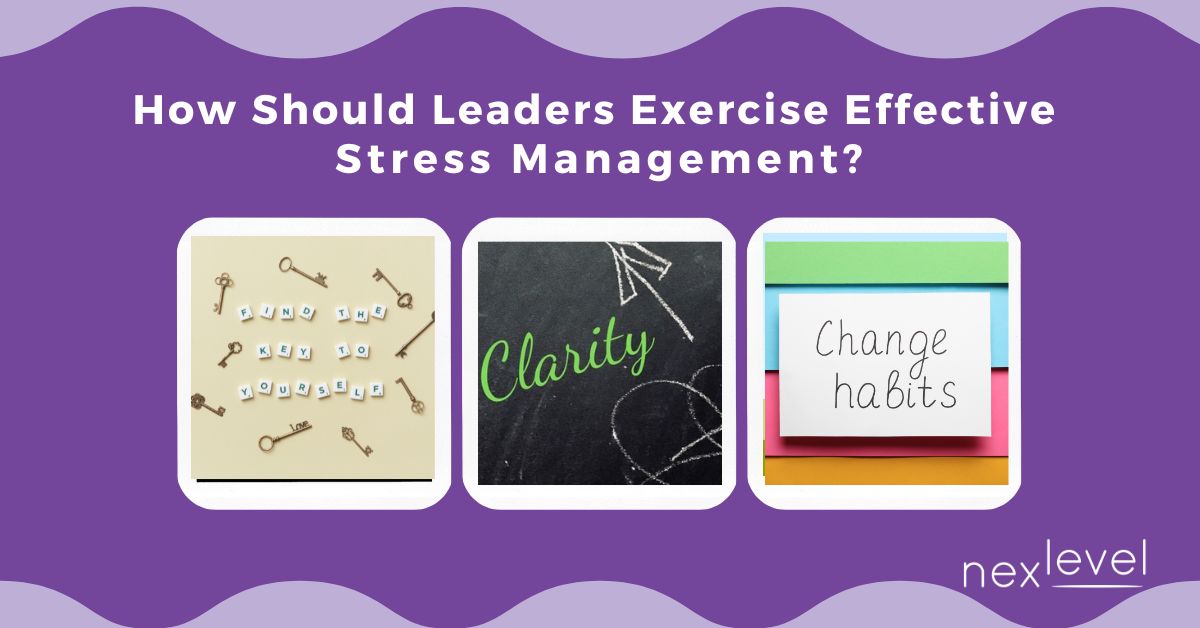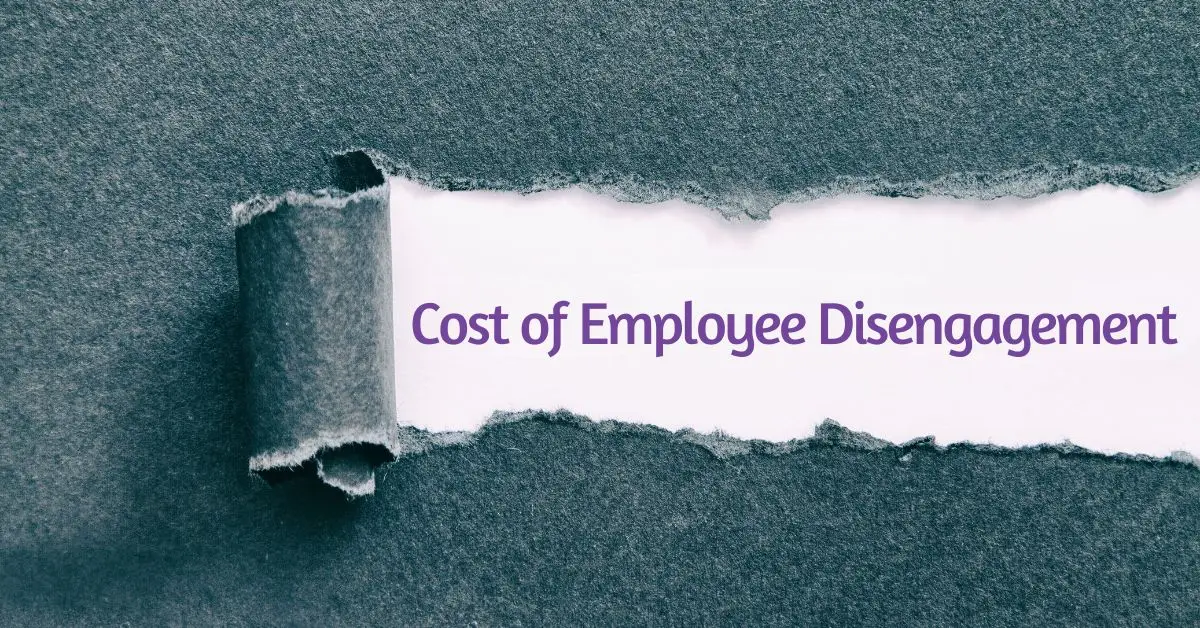In the spirit of the Olympics, I’ve been thinking about Competition in a corporate team. Does competition help teamwork or hinder a team’s success?
Having worked with many teams, I find it interesting to observe how different teams operate, depending on the unique makeup of personalities. Some people are wired for competition; always prepared for a challenge, while others have an innate ability to find consensus and keep the peace.
So…which individuals are better team players?
Which Team is More Effective?
Team A: General Manager with a strong desire to keep the peace. Over the years, he has built a team very similar to himself. Most team members are comfortable with each other, understand one another and feel they have a very “nice” culture.
Team B: Business owner with a strong competitive spirit and has built a team with very similar personalities. Often describing their culture as a “family”, they are comfortable challenging each other and, when faced with pressure and uncertainty, quickly tap into their competitive drive.
Surprisingly, neither of these teams came without challenges. Company A, with little competition, struggles with groupthink, a lack of innovation and has difficulty holding each other accountable. Company B, with a great deal of competitive energy, struggles with ineffective communication, quick decisions based on false assumptions and an individual desire to win above all else.
Does Competition Help Teamwork?
In my experience, neither a focus on competition nor a lack of competition is the answer to team effectiveness. Leaders must understand how to build a diverse team and then work to find the perfect balance.
Healthy competition can be a positive incentive in the workplace. According to Ashley Merryman, co-author of Top Dog: The Science of Winning and Losing, competition drives creativity: “The skills that make you a great competitor – such as a willingness to push boundaries, trust one’s instincts, problem-solve – those are the same skills needed for innovation.”
However, too much competition will impact morale, stress and erode trust between team members.
The Ultimate Teamwork Solution – Cooperative Competition
A concept from Game Theory, cooperative competition suggests, by working together, team members can push one another to be more productive and to produce stronger work. What makes this unique is competition is used to help team members work together toward a common goal, rather than being pitted against each other.
Cooperative Competition requires team members to:
- Recognize how and when to use competition. “Don’t create unnecessary conflict with your co-workers by turning everything into a competition,” says Betsy Winkler at PeopleResults. “Who gives the update first in a staff meeting, or who arrives first to the conference room does not matter. Focus on what drives business results and not on all the activities underway.”
- Recognize each team members strength in how they think and behave; embrace cognitive diversity and have both people who are wired for peace and others who embrace competition. Build awareness around the strengths of individual uniqueness and understand how to leverage these strengths on a daily basis.
Final Thoughts
As a leader;
- Use competition judiciously
- Don’t create a battle just because you can
- Understand how to leverage it to support the team, and
- Always be prepared to shut it down if it’s causing damage or causing the team to stray off course.
Want to chat about how to achieve cooperative competition in your team? We would love to help. Contact us today!
NexLevel Challenge offers a variety of training options for companies of various sizes, and industries. The combination of scientific-based experiential learning and Emergenetics profiling, boosted by ongoing consulting support, is a combination proven to deliver lasting results.
Teams that Work, communicate, collaborate, and complete tasks faster, for a stronger bottom line.
403.971.6443





